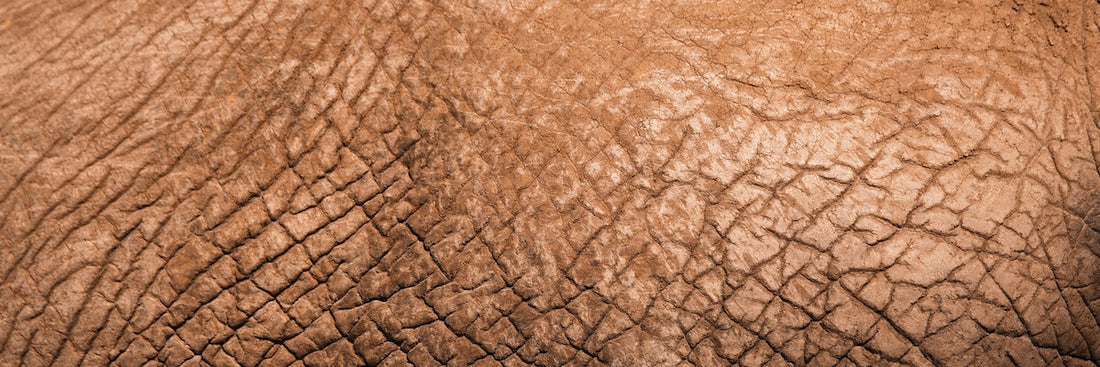
how to treat dry skin?
Share
How do you know you have dry skin?
Dry skin is typically identified through sensation, although it is also possible to measure skin dryness.
If you encounter any discomfort, tension or ruggedness, you may have dry skin. Those that suffer from dry skin naturally possess less protective grease on skin's external layer to a significant loss of water (dehydration). Dry skin makes the skin thinner, more robust and more sensitive to meteorological conditions.
Symptoms are generally temporary or associated to seasons. For instance, an individual may only suffer from dry skin during winter.
What causes dry skin?
Many factors are responsible for dry skin. These may include sun, cold, wind, over-exposure to water, very hot showers or baths, soaps, some surfactants used in personal care products, medication and ageing.
Dry skin may also be caused by genetics in addition to serious concerns such as eczema, psoriasis and hypothyroidism.
How to treat dry skin?
Dry skin is typically treated with a topical skin care preparation used externally. The formulation can contain moisturisers (that seals the skin surface and reduce water loss), humectants (that help carry water within the skin) and emollients (that restores grease onto and within the skin).
Paraffin and mineral oils are most commonly used as effective moisturising agents, although synthetic and naturally-derived alternatives are available.
Glycerine (glycerol) is the most commonly used hydrating agent, and its action can be supplemented with urea, dexpanthenol and other actives.
Hemp seed oil, shea butter, macadamia nut oil and jojoba oil are well knows as quality nourishing emollients beneficial for dry, damaged skin.
Ask your nearest specialist to find the best treatment for your kind of skin.
